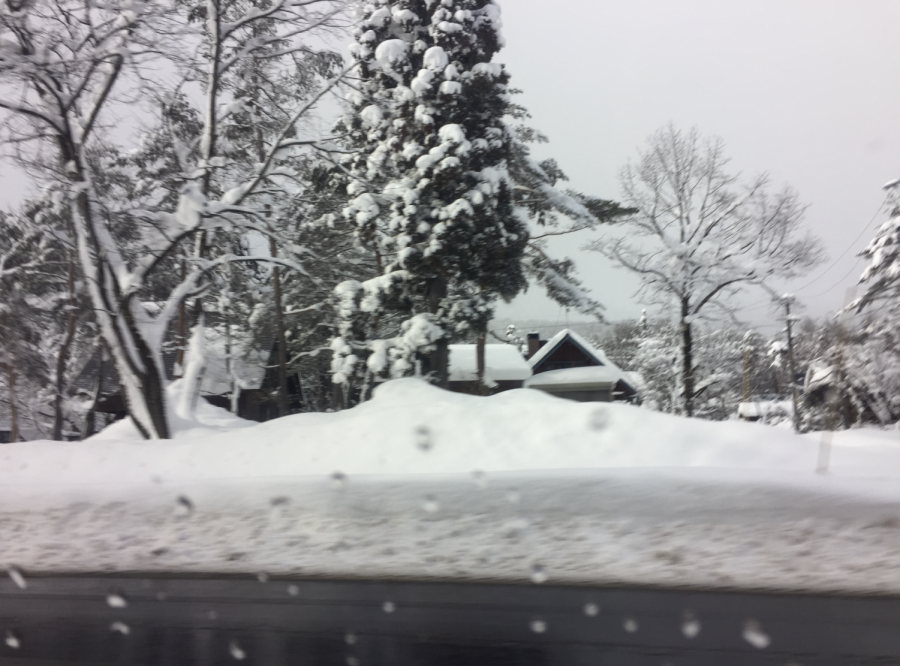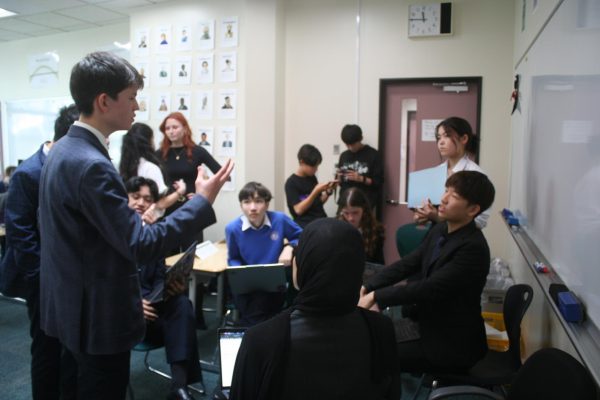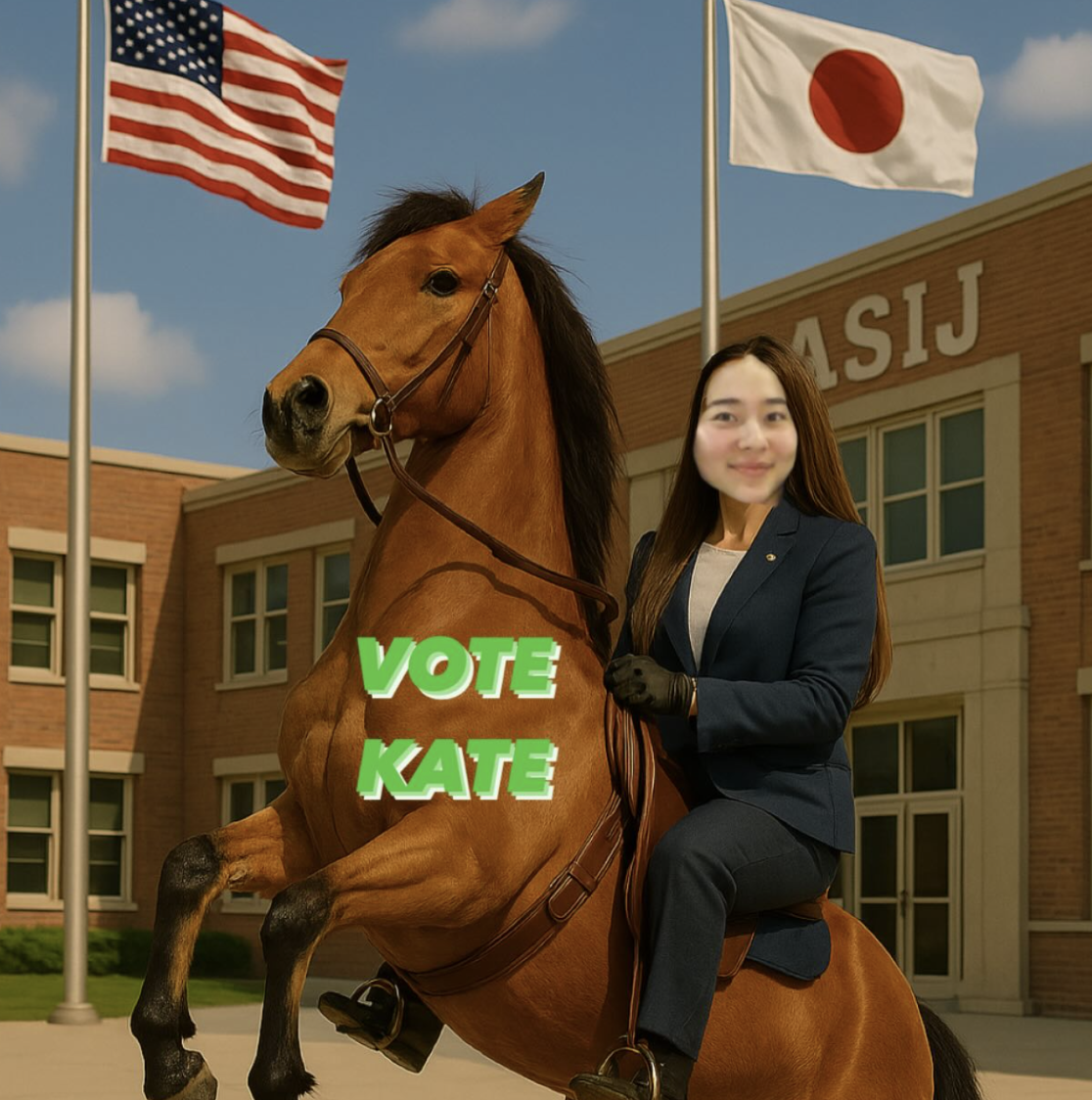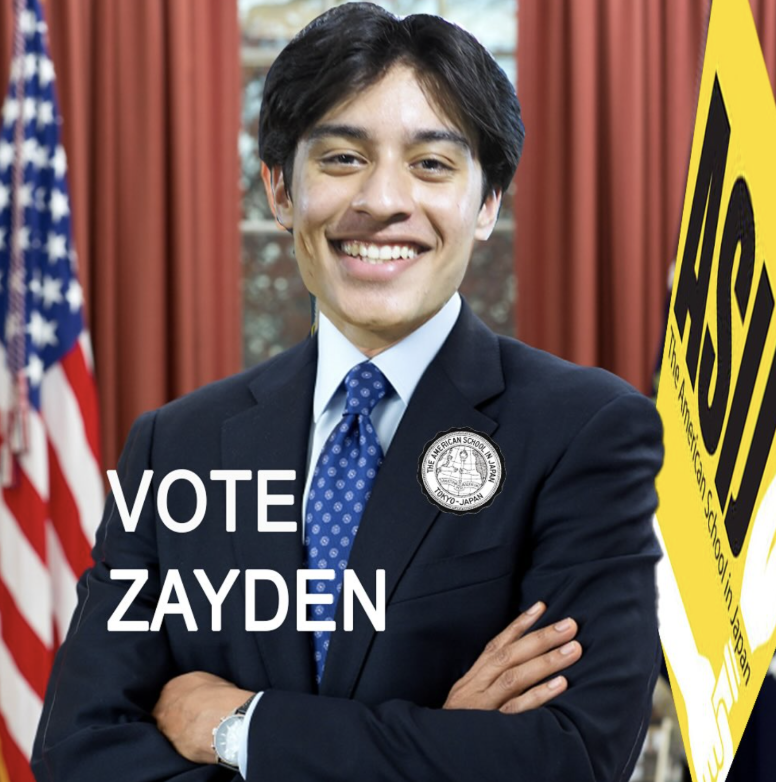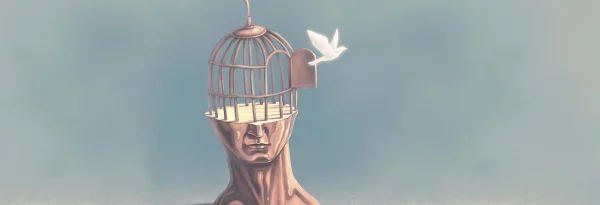Cancelled Snow Days: A Crime Against Childhood
October 24, 2021
Most of us remember the potential gift of winter: We would go to bed as usual, then wake up the following day hoping to see snow. If there were snow, it meant a day of sleeping in late and playing outside with friends. When we would have a snow day, it was a rare moment that brought joy because we were out of school on a day we shouldn’t have been. However, because of the success of online learning during the COVID-19 pandemic, schools are canceling snow days.
Even before the pandemic, an argument for canceling snow days has been forming for years, and the more recent shift to online learning has sped up school decisions on the issue. According to The Atlantic, around forty percent of school districts in the United States have already replaced snow days with online learning, arguing that every day of school is important and students must not fall behind on their learning. Yet, proponents of snow days argue that while learning is important, the benefits of these rare and unexpected breaks from school outweigh the negatives.
Those advocating for snow days to remain argue that they are good for student minds and bodies. Snow days allow students to get more sleep and exercise. Studies have shown that the usual school routine often prevents teens from sleeping as much as they should because of early start times and long nights of homework. Snow days help students get an extra day of good sleep, which can reap health benefits. Snow days also give students an opportunity to exercise, whether playing or hiking in the snow. On top of this, snow days can help with mental health, providing students with a break from daily life, which can help relieve stress.
As for the American School in Japan, lost snow days may seem irrelevant because Tokyo rarely sees snowy days. However, for us, “typhoon days” bring the same joy as snow days. While students cannot go outside during a typhoon day, it would also provide a break from the daily grind of waking up early, commuting, and studying. Unfortunately, since distance learning has gone relatively smoothly, ASIJ would likely replace a typhoon day with distance learning. Implementing this school decision would be a metaphoric crime against childhood, a missed opportunity to have a positive effect on the wellbeing of its students and to make memories.

